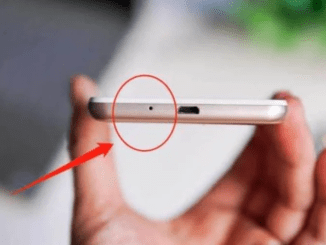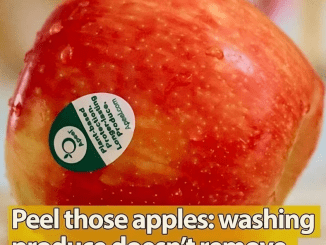In a world where tipping is deeply ingrained in the fabric of American culture, one man’s bold declaration on social media has ignited a fiery debate that challenges the very foundations of this age-old practice. Dustin Anderson, a TikTok user known as @therealdustinanderson, has made waves with his viral video proclaiming, “So, I’m not tipping anymore – I’m done, I’m out.”
This powerful statement has struck a nerve with both servers and customers across the nation, sparking a passionate conversation that delves into the complexities of tipping etiquette and the underlying issues that have long been simmering beneath the surface.
Tipping, a tradition that has been deeply rooted in the United States for decades, has traditionally been seen as a way to reward exceptional service and support the livelihoods of servers and hospitality workers. However, Dustin’s stance suggests that the current tipping culture has strayed from its original purpose, leaving many patrons feeling obligated to tip regardless of the quality of service they receive.

In his viral video, Dustin argues that simply carrying food to a table or providing a beverage should be considered part of a server’s job description, not an automatic entitlement to a 25% tip. He questions when was the last time he experienced truly exceptional service that warranted such a generous gratuity, highlighting the disconnect between expectations and reality.
The reaction to Dustin’s video has been a mix of fervent support and vehement opposition, underscoring the deep-seated divisions within the tipping debate. Those who agree with Dustin’s stance have pointed out instances where tipping feels unnecessary, such as when ordering carryout or receiving basic service.
@therealdustinanderson #tips ♬ original sound – Unpopular T-shirts
One commenter, an ER nurse, even drew a parallel, stating, “I don’t get tipped for being an ER nurse and saving lives!! So yeah, I’m done too.” This sentiment resonates with the growing sentiment that tipping should be reserved for truly exceptional service, rather than an automatic expectation.
However, not everyone agrees with Dustin’s perspective. Some argue that the low minimum wage for servers in the United States necessitates the continued reliance on tipping to provide a livable income. As one commenter pointed out, “People forget that waiters, waitresses, and bus staff do not even receive minimum wages.”
This brings into focus the broader issue of fair compensation for service industry workers, who often rely on tips to supplement their meager hourly wages. Server employees have expressed concern that Dustin’s stance, if widely adopted, could further erode their already precarious financial situation.
As the debate continues to rage on, both sides are grappling with the fundamental question of how to create a fair and equitable system that acknowledges the unique challenges faced by service industry workers while also addressing the concerns of patrons who feel the tipping culture has become outdated and exploitative.
Some have proposed alternative models, such as incorporating a service charge into the menu prices or transitioning to a higher base wage for servers. However, the complexities of implementing such changes, as well as the potential impact on the overall cost of dining out, have made finding a universal solution a daunting task.
The tipping debate sparked by Dustin’s viral video has laid bare the deep-rooted tensions and unresolved issues that have long plagued the service industry. As both servers and customers grapple with the implications of this heated discussion, it is clear that the status quo can no longer be maintained without addressing the underlying concerns and seeking a more balanced and sustainable approach.
This fiery debate has the potential to drive meaningful change, challenging the traditional norms and paving the way for a future where the relationship between patrons and service providers is built on mutual respect, fairness, and a shared understanding of the true value of exceptional service.


